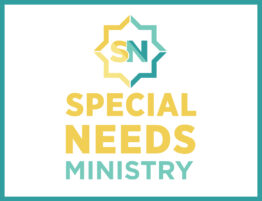
For you created my inmost being;
you knit me together in my mother’s womb.
I praise you because I am fearfully and wonderfully made;
your works are wonderful,
I know that full well.
I was asked recently, “Do you take low functioning kids in your program?”
I stopped for a minute and didn’t really want to answer. I thought, I can’t answer that question with just that description.
For years, both in our community and even outside our community, this is how we have spoken. We say things like:
-
My son is lower functioning and he doesn’t have access like your son does.
-
My daughter is higher functioning and I don’t know why they won’t accept her. You can barely tell she has autism.
-
Is your child lower or higher functioning?
-
Is there a school that takes lower functioning kids?
-
I have greater challenges because my child is lower functioning.
-
People don’t understand just because my child is higher functioning. They think it is a walk in the park.
Our Words Paint a Picture
I know we use these terms and labels to describe something quickly, instead of taking the time to talk about the individual—as just that—an individual. I have used those terms myself over the years, but in the last year, I have thought more about how those terms don’t define the particular person’s needs. If I say, low functioning person with a disability, what are you thinking? What is the picture in your head? I have asked others these same questions and I always get different answers.
Some people will say that low functioning people can’t speak. Some people will say they can’t care for themselves. Other folks will say that high functioning people can communicate and can mostly take care of themselves. I have heard in the past that you can barely tell they have a disability if they are higher functioning.
Source: Special Needs Parenting- Key Ministry

